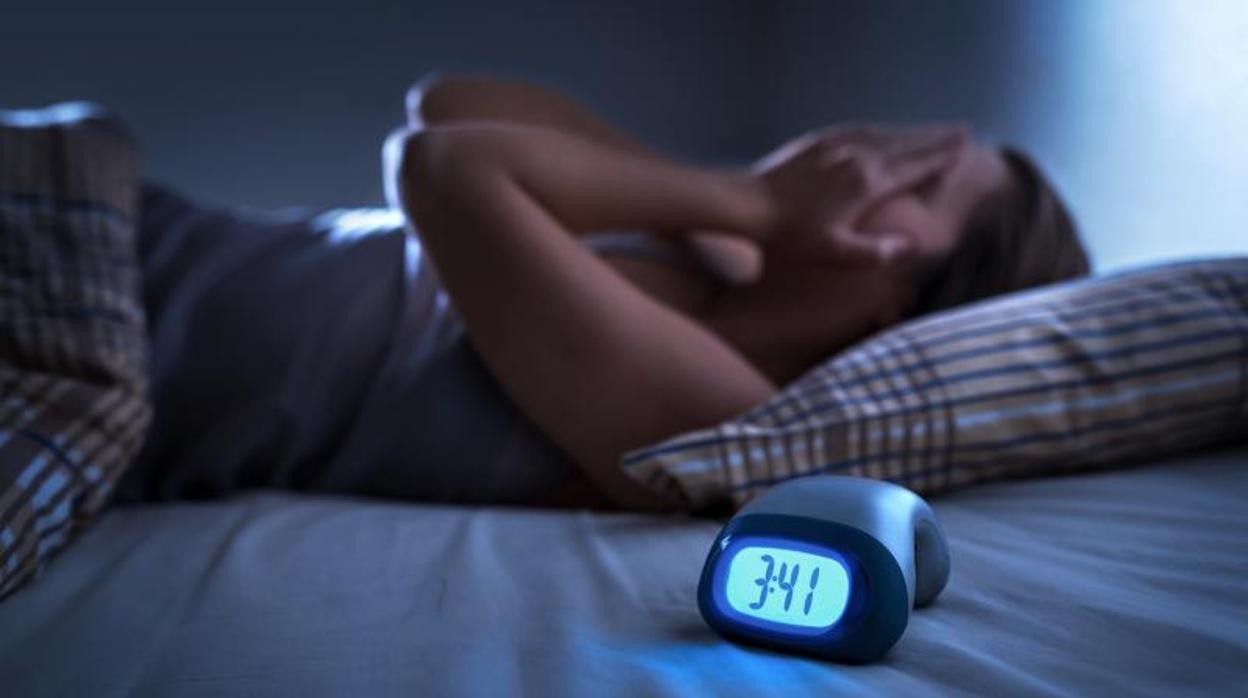Spending a sleepless night is not pleasant, but it should not be a cause for concern either. When these incidents are repeated frequently, that is when we should consider that there is some important reason and go to a specialist to make an appropriate diagnosis. However, there are many people who, before going to these specialists, look for a solution in the many products that do not require a medical prescription and that promise to solve these disorders. To what extent are these products safe and effective?
Little evidence on medicinal plants
Insomnia is one of the most common problems related to sleep and there are many products derived from natural plants that claim to be able to help in the management of this disorder. In this case, they are used to cause relaxation and attenuate excessive nervous excitement. Unlike many chemically synthesized sleeping pills, sedative and tranquilizing medicinal plants are capable of inducing natural sleep, without causing residual drowsiness the next morning and without the risk of creating dependency.
The most used in herbal medicine are hops, passionflower, valerian and California poppy, although experts point out the lack of studies that demonstrate their effectiveness. “Today we do not have enough evidence to say whether these natural remedies can really benefit patients with sleep disorders,” comments Óscar Sans, medical director of the Sleep Unit at the Sanitas CIMA Hospital in Barcelona, in Spain, a opinion with which Álex Iranzo, head of the Sleep Unit at the Clinical Hospital also in Barcelona, agrees: “The vast majority of these products are not supported by scientific studies that show that they can improve sleep disorders. Only in the case of melatonin do we find some evidence.”
For Odile Romero, coordinator of the Sleep Unit at the Quirónsalud Barcelona Hospital, one of the problems with these products derived from plants is the lack of research that rigorously establishes their properties. “It is true that valerian has an anxiolytic profile, but the exact rigor of the valerian compound would have to be known. Because a purer one is not the same as a less pure one, nor is an infusion the same as a pill, nor does the leaf have the same properties as the root.”
Even so, and despite the lack of evidence, experts do not take a position against these products either. “The advantage they have over other more pharmacological substances is that the sleep they produce is more physiological. Because benzodiazepines make people more chronic and create more dependence and these types of substances are less, in quotes, harmful,” explains Romero.
Melatonin and its effectiveness
A second group of over-the-counter products used for the treatment of sleep disorders is melatonin derivatives. It is a hormone present in the body that affects sleep. The production and release of melatonin in the brain is related to the time of day: it increases when it is dark and decreases when it is light.
As people age, the levels of melatonin that the body naturally produces decrease. “That is why, starting at age 55, taking melatonin supplements helps better regulate the circadian system and promotes sleep, improving the synchronization of rhythms and achieving more physiological sleep,” explains Odile Romero.
“There is debate among specialists as to whether these products should actually be treated as drugs, since they act on the nervous system. But the truth is that it is useful in certain cases," explains Óscar Sans, who adds that there is research to see if some of these products based on melatonin or tryptophan (an amino acid that intervenes in mood and melatonin levels) so that we sleep better) can improve in certain populations. “It is clear that in problems such as jet lag or circadian disorders, the administration of melatonin is an effective remedy that works. There is not very rigorous evidence either, but there are more studies that support its use” points out Alex Iranzo.
Do these products pose any danger?
Many of the patients who go to sleep unit experts do so after having tried, without luck, most of these products without a medical prescription. In some cases they may work at first, but if there is a significant underlying disorder it is very normal that after a while they stop working. “These are momentary improvements. Most people tend to try these products, but they don't quite work. In our unit we are not in favor of starting with them and we prefer to first do cognitive-behavioral therapy, offering a series of tips so that the patient feels better” explains Óscar Sans.
“Most of these products, with the exception of melatonin, are of little help. Many patients try them to see if they can solve their problem and only if the problem persists do they go to talk to the experts,” adds Odile Romero.
What experts agree on is that currently sleep disorders are still not given the importance they really have. “We see that there is a lot of awareness about aspects such as diet or physical exercise, but people are not aware of the health problems that sleep disorders can cause and they are still not consulted as frequently as they should be,” concludes Óscar Sans.
PRONAPRESA
"Because prevention is better than cure"






















































